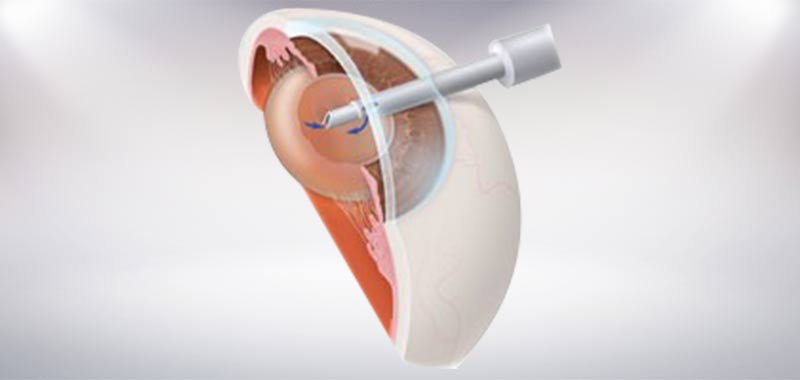

27 Sep Cataract Operation
Is their any right stage of cataract that one should undergo surgical removal?
There is no right stage of cataract. It is the visual demands of the patient that governs removal by operation. One should not delay the surgical removal as cataract may harden too much or become ripe with time, which can increase the risks of complications during or after the operation.
Certain changes in the vision that can help you decide about the surgical decision are:
- Inability to perform tasks well, at work or home, as cannot see very clearly.
- Inability to move about on roads or gardens, esp. in dim light or at dark.
- Inability to read; watch for too long, unlike before.
- Difficulty in driving due to glare and starbursts of lights ahead.
- Poor eyesight with glasses.
Cataract surgery is urgent only when it is ripped fully, though no one usually waits till then as vision deteriorates to seeing only lights and no objects in that stage, with the affected eye.
How does one go about when planning for cataract operation?
Firstly, consult your eye doctor to find out if a cataract is the only eye problem that your eye is having. Rule out other problems in the eye like retina or Glaucoma.
Once confirmed, please reveal all your medical conditions like Diabetes, High blood pressure, Asthma, or any medicines that you are taking. Patients with heart problems may at times need to stop their medications 2-3 days prior to the operation after consulting their physician.
You need to get certain blood tests to perform before finalizing the cataract operation. Also certain eye tests like taking measurement of the lens power is essential before a cataract operation.
What is the current surgical procedure of choice for cataract removal?
Current practice uses PHACOEMULSIFICATION i.e. an ultrasound and not a LASER to break cataract in pieces within the eye and suck these pieces with suction created with the machine.
After the removal, it is followed by an INTRAOCULAR LENS implantation in the eye. This is done so as to remove provide relatively a glass free clear vision and avoid the thick glasses that one would otherwise require to wear after the cataract surgery alone (No lens implantation).
It is performed under drops anesthesia or by a small injection of anesthesia medicine around the eyeball by a very delicate needle.


Are both eyes with cataract operated at the same sitting?
Usually one eye is operated first, followed by the second eye in next few days. It is a day care procedure (still covered under insurance schemes) and need not require overnight stay in the hospital.
Are there any risks involved with the operation?
No operation is without any complications. But Cataract surgery, with the current techniques, if performed in right time, can avoid the complications.
Following are some of the complications that can occur after a cataract surgery:
- Infections
- Clouding of the transparent cornea.
- Damage to the lens support system.
- Drooping of the lids.
- Retinal detachment.
- Elevated pressure within the eye.
- Blindness or loss of the eye.
- Bleeding within the eye.
How many days does it take to improve vision after the operation?
Usually, one starts seeing clearly within 24-48 hours after the operation. At times, complete clarity may be delayed for a week or more if cornea develops swelling, which may be temporary.
In cases where, vision fail to improve within 2-4 weeks after the operation one should look for the reason and get eyes completely evaluated by your doctor.
At times, residual glass power within the eye may give blurred vision without glasses initially but improves completely with glass prescription in 2-3 weeks.
Dos and Don’ts before cataract surgery.
- Do not stop Aspirin or Aspirin containing medicines prior to surgery without consulting your doctor.
- Take all your medications for High blood pressure or Heart problem on the day of surgery as a routine.
- Continue using your diabetic medicines on the day of surgery if you have taken your respective meal or breakfast.
- Do not take them if you are on empty stomach.
- Use your glaucoma medicines as prescribed earlier and do not stop them unless advised by your doctor specifically.
- Use the medicines for the dilatation of pupil 1hour prior to the operation as prescribed by your doctor.
- Have a proper bath including washing of hair, shaving the beard, as it may not be allowed for a week after the operation.
- Do not apply any cosmetic or eye makeup in or around the eye prior to operation.


Sorry, the comment form is closed at this time.